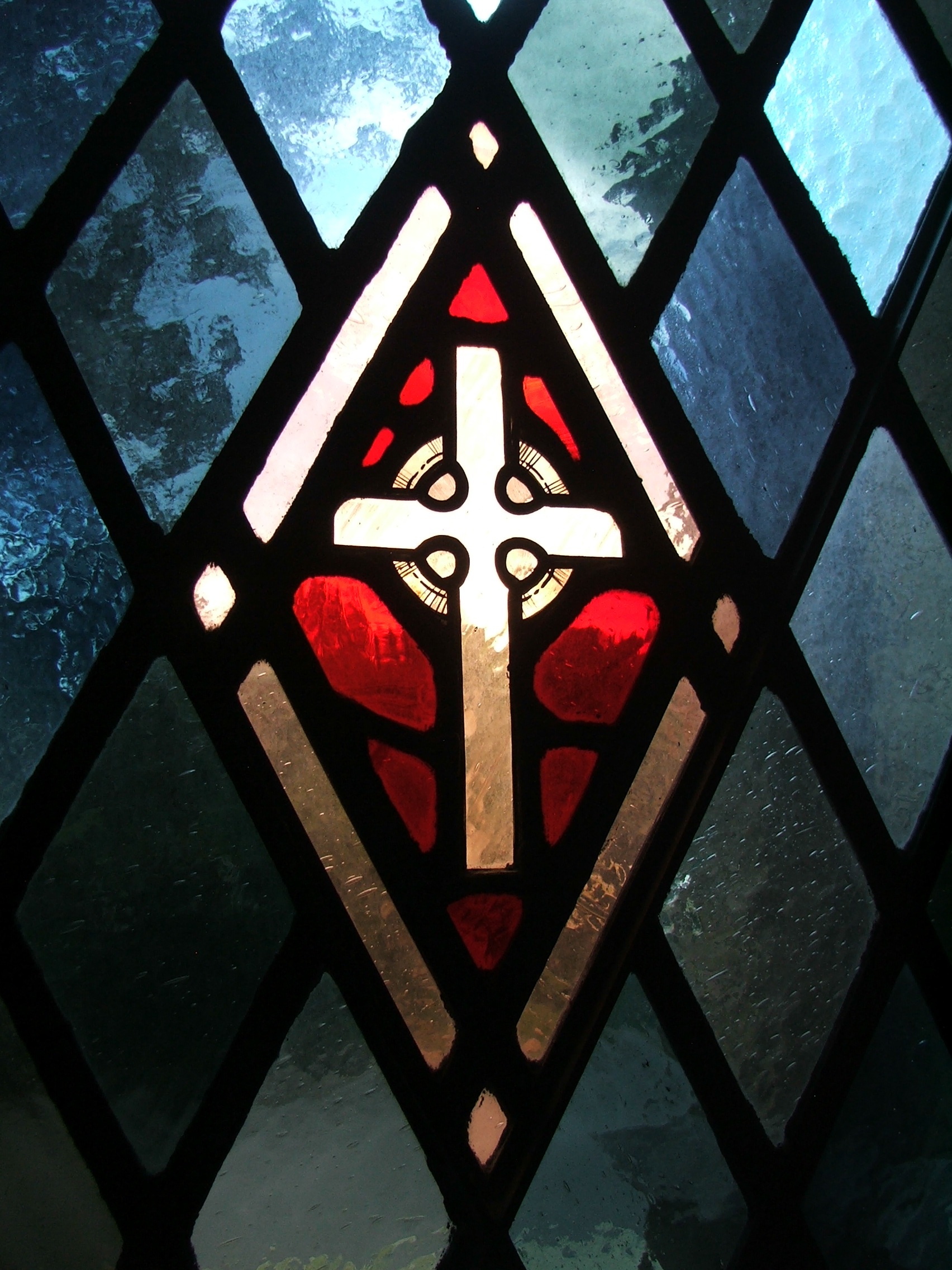Stop Trying to Understand, and Believe!
Appearances Deceiving
By Rev. Dr. Fritz Ritsch
Easter Day, 2015
John 20: 1-18
Isaiah 25: 6-9
How do we believe what we don’t understand?
That’s what happens to the disciple who loved Jesus when he entered the tomb and saw Jesus’ shroud lying there where Jesus’ body had once lain. The Bible says, “He saw and believed,” but then adds, “They still did not understand from Scripture that Jesus had to rise from the dead.” So the disciple who entered the tomb—John, the gospel writer—believes, even though he doesn’t understand. Apparently his theology is not sufficient to cope with what he is experiencing. Apparently he doesn’t fully grasp the intricacies of the Chalcedonian Definition of the Dual Nature of Jesus, or the Five Points of Calvinism. Worse, he doesn’t understand the most basic, basic, core principle of Christianity: the actual resurrection of Jesus our Lord. John, the apostle, the Gospel writer, the Disciple who Jesus loved, John himself doesn’t understand that Jesus is raised from the dead!
And yet, he believes.Read More »Stop Trying to Understand, and Believe!


